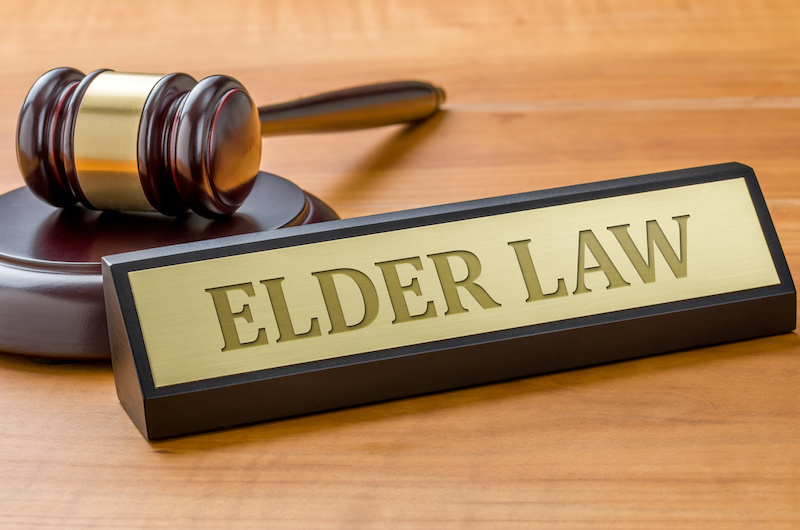
Medi-Cal and Medicare are two different government programs for healthcare. This two-part series blog explains the difference between them. In part one, we discuss how program benefits differ. What’s more, we cover eligibility requirements for each program. And we discuss recent news pertaining to each program.

Medi-Cal and Medicare Explained
- The federal government administers healthcare to certain populations. Original Medicare is divided into Parts A and B.
- Medicare Part A covers hospital care and a limited period of nursing home care. Also, it includes home health services, and hospice care. Part A only covers nursing home care if –
- The patient stays as an inpatient at a hospital for three days.
- Nursing home care was necessary relative to the hospital stay; and
- The patient entered the nursing home shortly after the hospital stay (usually within 30 days).
Medicare Part A

Thereafter, Medicare Part A over covers the first 20 days of nursing home care. Days 21 through 100 of care require the patient covers a partial payment. Part A does not cover any care after 100 days.
Medicare Part B
Part B covers traditional healthcare expenses. These include visits to a doctor, blood tests, and X-rays. In most cases, a doctor does not need to write a referral for a specialist.

- Original Medicare does not cover prescription drug coverage. However, you can enroll in Medicare Part D through a private insurance company (with paid premiums.)
- Medicare also provides medical benefits to certain populations.
- It is a joint federal-state program.
- Although states receive federal funding, they must follow specific federal rules.
- Each state administers its own Medicare (or Medicaid) program.
- Medicare covers all types of medical care, including long-term care. However, long-term care eligibility criteria are stringent.
Establishing Medi-Cal and Medicare Eligibility
Eligibility for Medicare is simple. Anyone over age 65 who has paid Medicare tax through their employment for at least 10 years qualifies. People qualify for Medicare Part A at age 65 without paying any premiums if:

- You receive Railroad Retirement Board benefits; or
- You qualify to receive Railroad Retirement Board benefits or Social Security benefits but have not yet filed for them; or
- You or your spouse had Medicare-covered government employment.
- Neither you nor your spouse may qualify for Medicare Part A. However, if neither of you paid Medicare tax through your employment, you may still be able to obtain Medicare Part A via paid premiums.
- Eligibility for Medicare Part B mirrors that for Part A, with a paid premium.
- Some folks qualify for Medicare benefits even though they are under age 65. For example, younger people with disabilities and those with End-Stage Renal Disease qualify.
Needs-Based

In most cases, eligibility for Medicare is needs-based. This means that income restrictions apply for pregnant women, children, the disabled, and the elderly. If your income is under the amount specified for your state, then will likely qualify if you fall into one of those groups.
Long-Term Care

If you rquire long-term care, however, asset restrictions exist. An applicant cannot have over a certain amount of assets and still qualify for nursing home care benefits. However, applicants can retain an elder law attorney to do legal planning to protect assets while still getting qualified for benefits. This way, money and property are preserved for their family and won’t have to be spent on care.
Check back next week, when we conclude this two-part series about the differences between Medi-Cal and Medicare.

About Skvarna Law in Glendora and Upland, California
Skvarna Law Firm operates offices in Glendora and Upland, California. We provide legal services. We cover San Bernardino, Los Angeles, Orange, and Riverside Counties. This includes several cities. Upland, Ontario, Rancho Cucamonga, Fontana, Colton, Rialto, Chino, Chino Hills, Glendora, Claremont, Pomona, La Verne, Montclair, San Dimas, Azusa, Covina, West Covina, Diamond Bar, Walnut, La Puente, Corona, Norco & Mira Loma.


